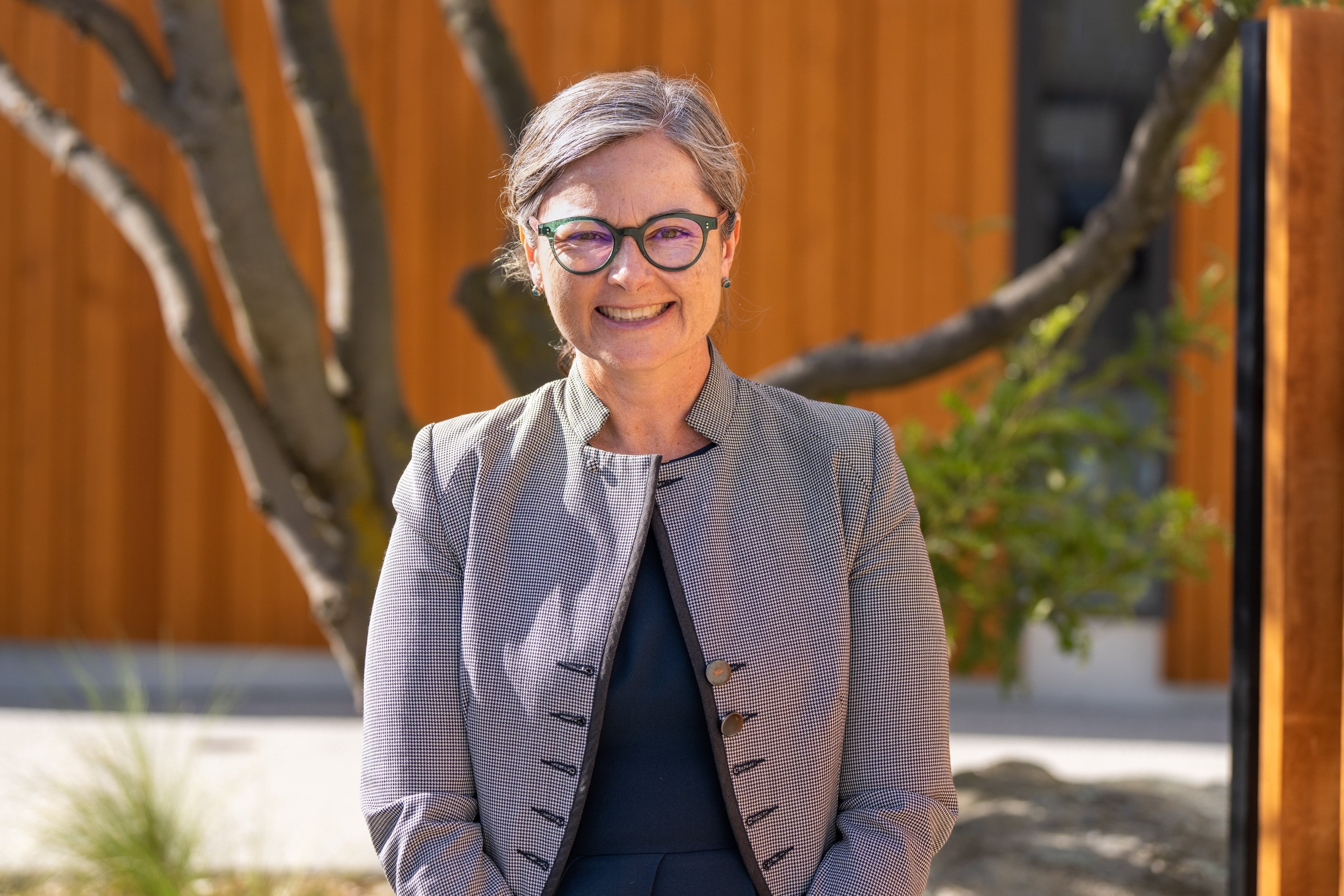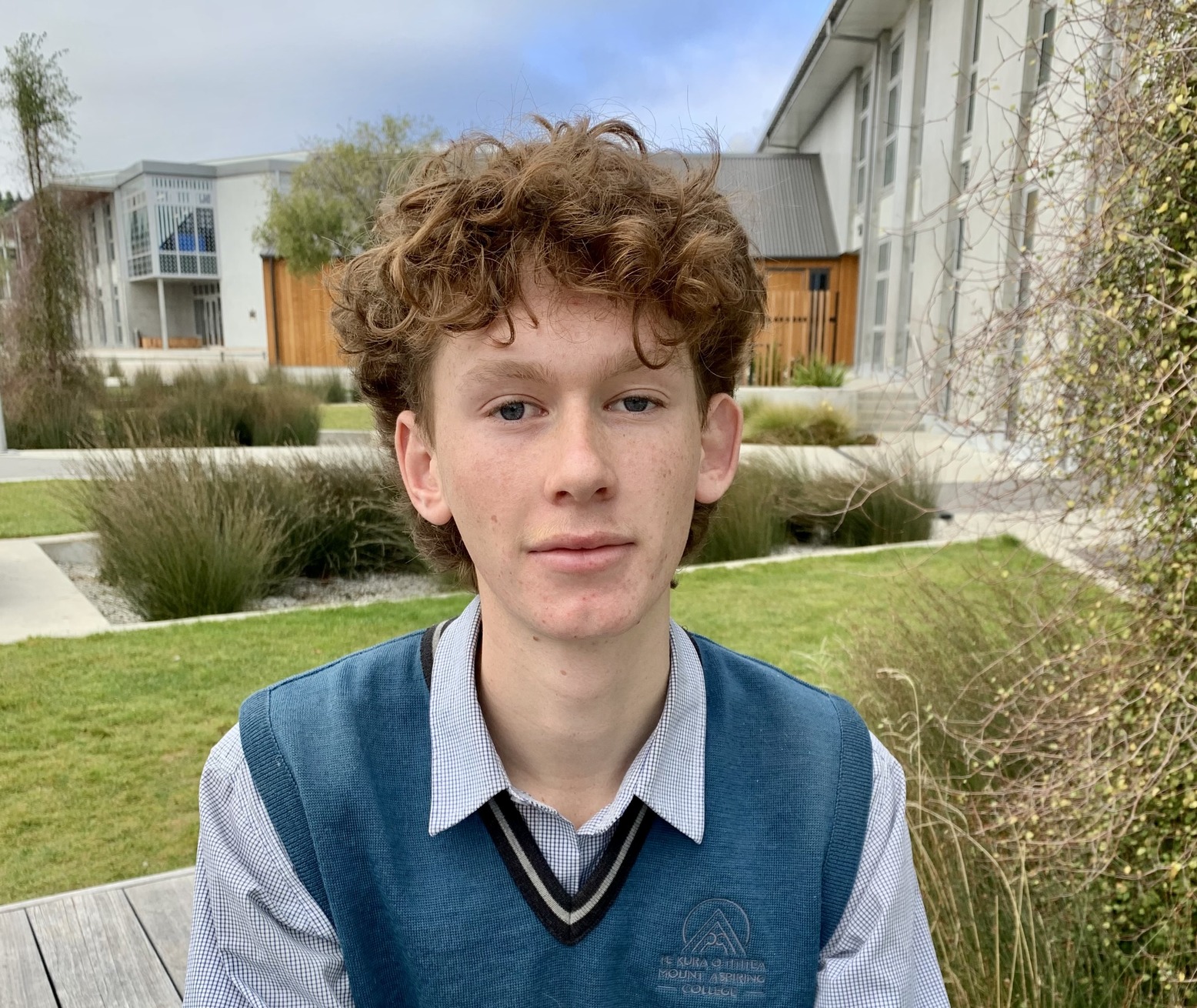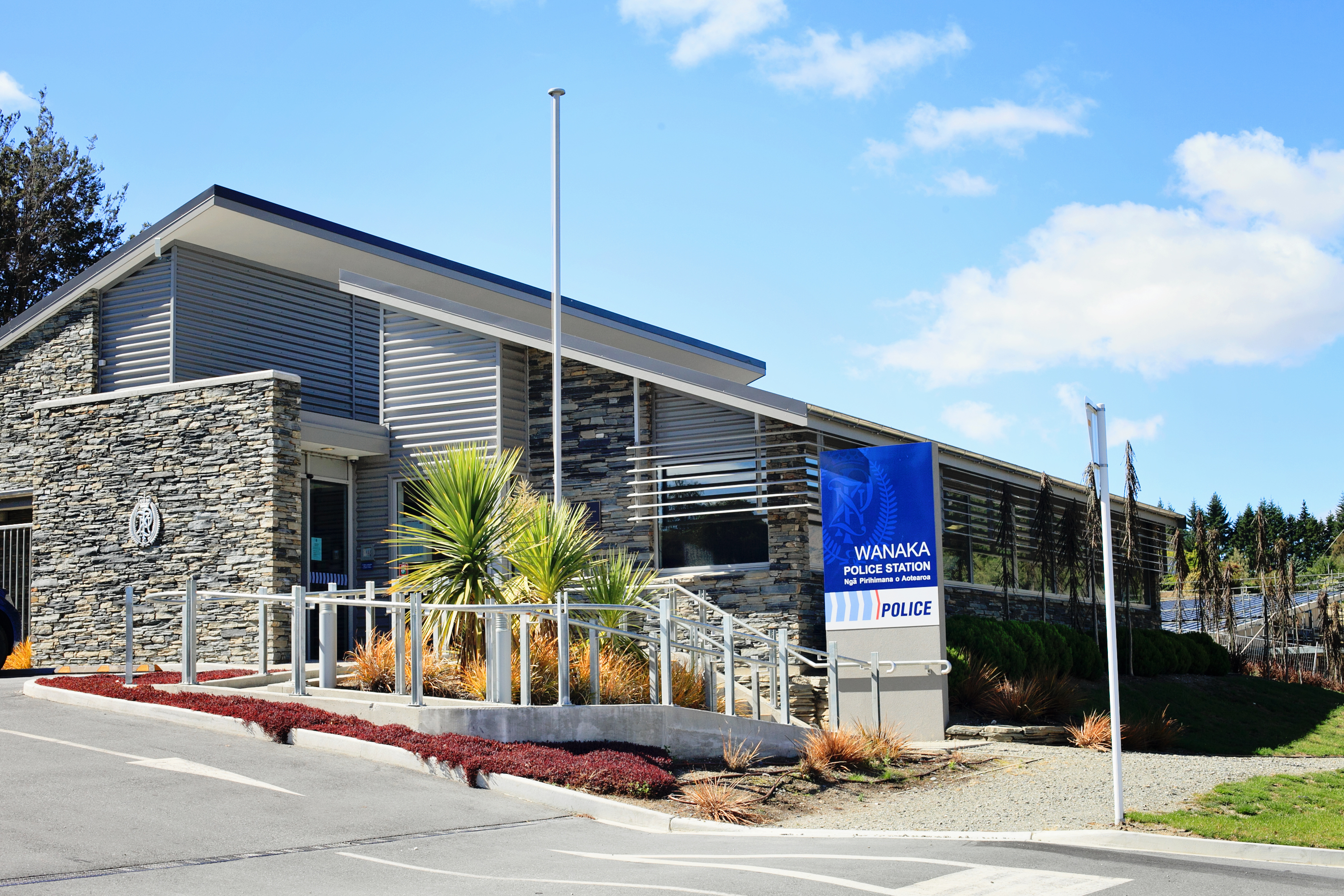MAC offers support for diverse needs

23 July 2025, 5:06 PM
 Principal Nicola Jacobsen
Principal Nicola JacobsenTe Kura o Tititea Mount Aspiring College (MAC) is responding to a significant increase in the number of students requiring different learning conditions by providing additional support.
Principal Nicola Jacobsen said the increase was likely due to schools getting better at identifying students’ learning needs, and schools and parents working in partnership to support students’ learning.
“We have invested a lot of time into learning how to identify those students who need additional support, and in designing ways to meet those diverse needs, such as giving all students access to Google Read&Write which has speech-to-text options,” she said.
Students with additional learning needs can include those with dyslexia or processing difficulties, physical impairments, such as limited mobility or fine motor difficulties, sensory challenges, including visual or hearing impairments, and medical conditions, such as chronic illnesses, fatigue, anxiety, or ADHD.
“We want every student at MAC to have the best possible opportunity to show their true capability, and demonstrate their knowledge, skills and understanding,” Nicola said.
Deputy principal Helen Figueira said making assessments equitable for all students was a priority.
“When teachers identify students who need support to sit exams, we can arrange for those students to do an online cognitive profiling test which can identify a student’s strengths and weaknesses in phonology (how sounds are organised within language) and memory.
“Using those results, we can apply to the New Zealand Qualifications Authority for assistance for those students.
“Such help can include the student having a person with them in the exam to read and/or write for them, being given extra time to complete the test, using a computer for paper-based exams, or sitting the exam in a different room.”
Year 13 student Robbie McRae said having a writer with him in some exams had alleviated a lot of stress.

Year 13 student Robbie McRae
“I mainly need the support of a writer for English and geography exams as these involve a lot of writing. I speak the answers to the exam questions, and the writer either types my answers on a computer, or hand writes my answers for me,” he said.
“In the past, it took up all my exam time just trying to get the answers written down, but now it’s so much easier to convert what is in my head into a written answer.
“I remember when other students found out I had a reader-writer, they were surprised. Someone asked me why I needed one because they saw me as smart. But it’s actually not about my level of intelligence. It’s about needing some help to show what I know in written form.”
MAC special education needs and disabilities coordinator Dan Frost said that while the education model worked for most people, it was important for schools to adapt and ensure learning was accessible to all.
“These students [with additional learning needs] can face challenges in demonstrating their learning during assessments, but there are so many ways we can support these students.
“We have high expectations for all our students, and we work really hard to create a learning environment that gives our students a range of ways to learn and express their ideas.”
PHOTOS: Supplied






